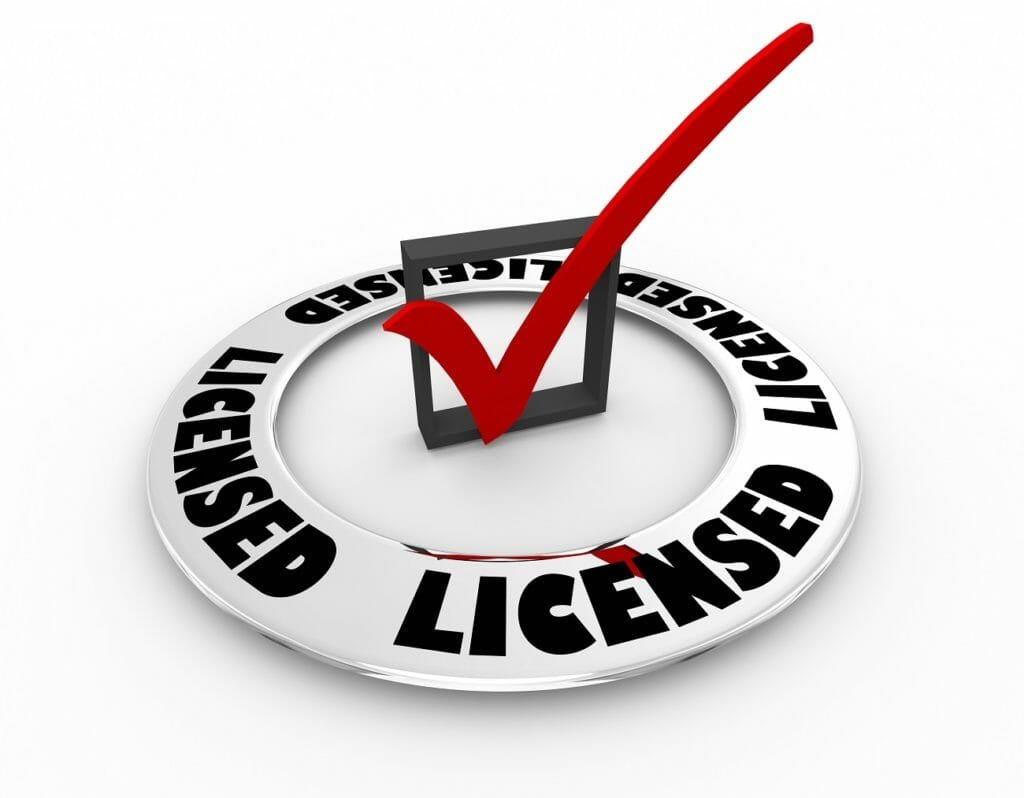
License and Registration: Legal Protection and Commercialization of Rights
License and registration are fundamental legal mechanisms that help individuals and businesses protect, manage, and commercialize their intellectual property (IP) and other rights. Licensing allows the owner of an asset—whether a patent, trademark, copyright, or business franchise—to grant permission to another party for its use under specific conditions, often in exchange for royalties or fees. This enables creators and businesses to generate revenue without relinquishing ownership while ensuring that their intellectual property is used lawfully. Licensing agreements typically define the scope of use, duration, territorial limitations, and financial terms to safeguard the interests of both parties.
On the other hand, registration provides official recognition and legal protection for assets such as trademarks, patents, copyrights, business entities, and even real estate properties. Registering intellectual property with relevant authorities (such as the United States Patent and Trademark Office (USPTO) or World Intellectual Property Organization (WIPO)) strengthens legal claims, deters unauthorized use, and facilitates enforcement in case of disputes. Similarly, business and property registration with government bodies ensures compliance with regulations and establishes clear ownership rights. In some cases, registration is a prerequisite for licensing, as it grants the licensor the exclusive right to transfer or authorize the use of the asset.
License and Registration: Ensuring Legal Compliance and Protection
License and registration are crucial legal processes that provide businesses, individuals, and organizations with the necessary authorization to operate, protect assets, and enforce rights. These mechanisms apply across various sectors, including intellectual property, business operations, real estate, and professional services.
License: Authorization to Use and Operate
A license is a legal permission granted by an authority or rights holder to another party, allowing them to use, sell, or distribute an asset under specific conditions. Licensing is widely used in areas such as intellectual property, business operations, and professional services.
✔ Intellectual Property License – Allows third parties to use copyrights, patents, trademarks, or trade secrets under defined terms. This is common in technology, entertainment, and franchising.
✔ Business Licenses – Required for businesses to legally operate within a jurisdiction. Examples include health permits, liquor licenses, and construction permits.
✔ Professional Licenses – Issued to individuals in regulated professions, such as doctors, lawyers, and financial advisors, to ensure they meet industry standards.
Licensing agreements specify terms such as duration, exclusivity, geographic scope, and financial obligations (e.g., royalty payments), ensuring compliance and protecting the rights of the licensor and licensee.
Registration: Establishing Legal Recognition
Registration is the formal process of documenting an asset, entity, or right with a government agency or legal body to secure legal recognition and protection. It ensures transparency, ownership verification, and enforceability of rights.
✔ Trademark and Patent Registration – Protects brand identities and inventions, preventing unauthorized use and enabling legal enforcement.
✔ Copyright Registration – While copyrights are granted automatically upon creation, registration provides stronger legal backing and enforcement capabilities.
✔ Business Registration – Legally establishes a company or entity, allowing it to operate under a recognized name and structure (e.g., LLC, corporation, partnership).
✔ Real Estate Registration – Ensures property ownership is legally documented, preventing fraud and disputes.

